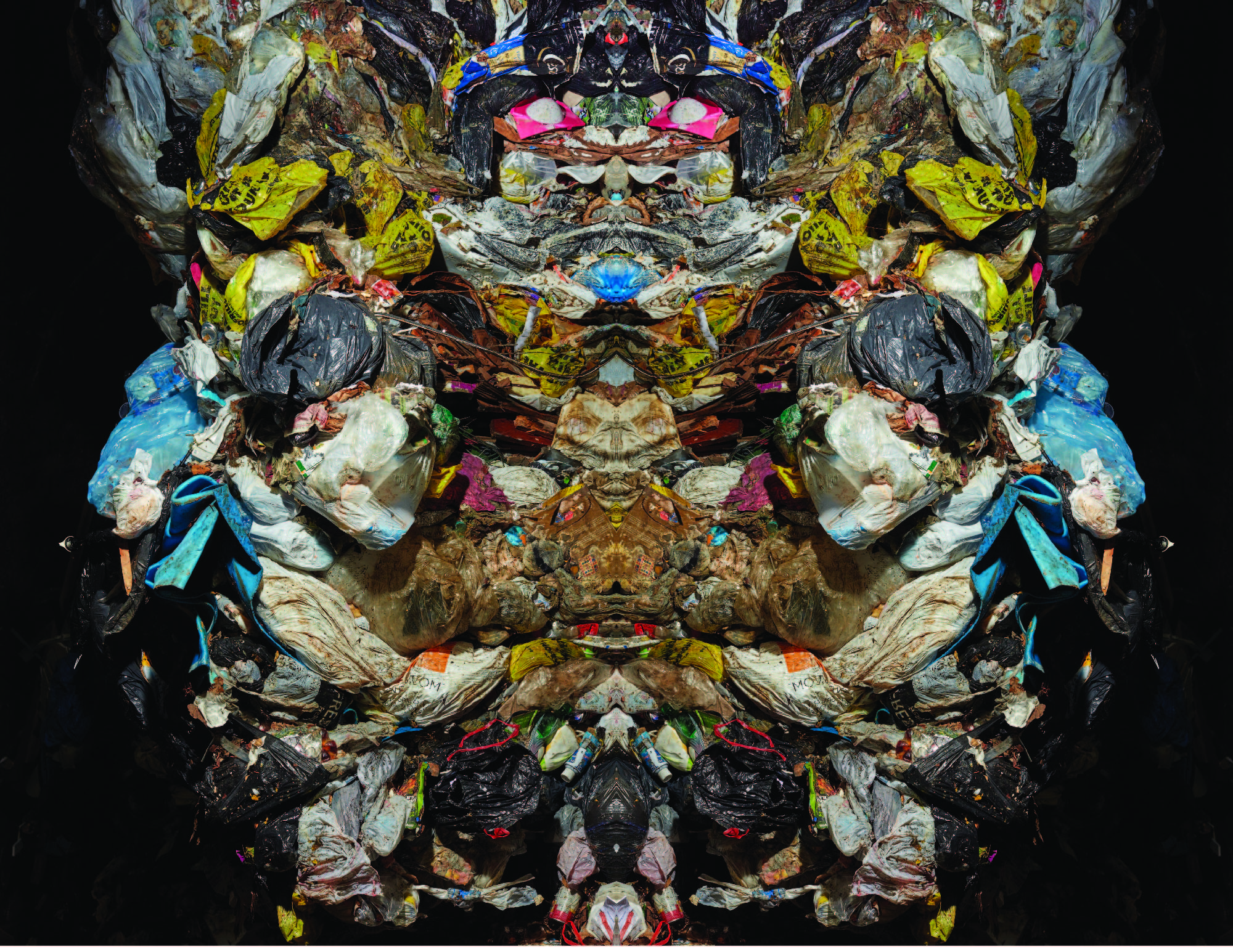Selected Topics in Architecture: Discard Culture - How Waste Shapes The World

ARC3715H F
Instructor(s): J.P. King
Meeting Section: LEC0101
Wednesday, 3:00pm - 6:00pm
Starting with a truth of the contemporary moment — that we turn resources into waste faster than we turn waste back into resources — this dynamic, interdisciplinary studio-seminar course will draw upon recent thinking in art, design, psychology, philosophy, history, and anthropology, in an effort to better understand the ways in which waste shapes the world around us.
Focused on the role that human-made objects play in everyday life, students in this course will learn to situate themselves within the field of Material Culture by examining the relationships between objects, environments, and users. Through a carefully guided series of thematic lectures, studio assignments, collective discussions, key readings, and playful activities, students will develop a comprehensive understanding of contemporary global consumer culture, equally defined by cycles of consumption and disposal.
Topics will include: The Circular Economy, The Anthropocene, Design for Deconstruction, Product Design, The History of Shopping, The Psychology of Disposal, Consumer Behaviour, Municipal Waste Management, The Failure of Recycling, The Role of Art in Social Change, The Creation and Destruction of Value, Identity Construction, The Social Life of Objects, and New Materialism, amongst others. Students will face questions such as: What is our relationship with waste? How do we construct our identities through disposable and durable possessions? How do objects shape environments? What stories does our stuff tell about us? How do things shape the mind? And, what are objects without their human operators?
This course will support students in developing their own toolkit of methods, practices, and concepts, which will be applied to a series of creative and flexible assignments customized to meet individual academic and professional goals.
COURSE OBJECTIVES:
Upon successful completion of this course, students should be able to:
1. Demonstrate a comprehensive understanding of the contemporary field of Material Culture, alongside its various methods and modes of analysis.
2. Exercise interdisciplinary strategies of engagement with Material Culture in a manner best suited to the student’s individual practice.
3. Apply critical thinking, research, oratory, visual, sculptural, and written skills to the analysis and interpretation of the material world.
4. Identify and access the resources that will best support their existing practice or skill set, and utilize those in the development and realization of a final project

